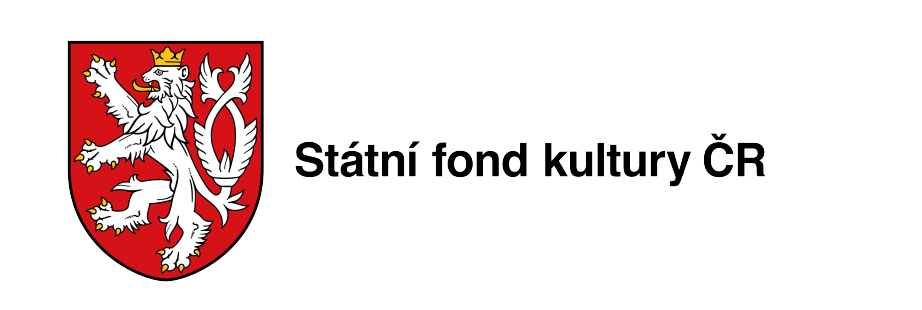Sibylla
Musical Visions of Hildegard von Bingen
TIBURTINA ENSEMBLE (Czech Republic)
Barbora Kabátková – soprano, medieval harp, artistic director
Hana Blažíková – soprano, medieval harp
Ivana Bilej Brouková, Tereza Havlíková, Renata Zafková – soprano
Marta Fadljevičová, Anna Chadimová Havlíková – mezzo-soprano
Daniela Čermáková, Kamila Mazalová – alto
Margit Übellacker – dulce melos
Monday 27. 7. 2015, 8.00 pm
Emauzské opatství, kostel Panny Marie na Slovanech
Vyšehradská 49, Praha 2
In collaboration with the Österreichische Kulturforum Prag.
At the close of July, the Prague Emmaus Cloister saw the reunion of three female mystics: the Blessed Virgin Mary and two prophetesses, Sibylla Tiburtina and Hildegard von Bingen. The Tiburtine Sibyll was represented by her ensemble led by Barbora Kabátková, Hildegard by her own music, and Saint Mary in the name of the cloistral church where the performance took place. On the programme were choral compositions from Hildegard’s Riesencodex manuscript; demanding, melismatic, even virtuosic pieces. The vocal Tiburtina Ensemble invited Margit Übellacker from Austria to accompany them on dulcemelos (a type of psaltery), the leading sopranos, Barbora Kabátková and Hana Blažíková, also played on medieval harps.
Concert Programme
Hildegard von Bingen (1098–1179)
Sequence O, Jerusalem, aurea civitas
Antiphona O, tu illustrata
Kyrie eleison
Antiphona O, quam mirabilis es
Hymnus Cum vox sanguinis
Antiphona O, spectabiles viri
Antiphona Nunc gaudeant
Antiphona O, beata infantia
Responsorium Ave, Maria
Antiphona Caritas abundat
Ordo virtutem (Virtutes) O, Deus, qui es tu
Anonym (early 12th and 13th century)
Conductus Praemii dilatio
Conductus Flos in monte cernitur
Conductus Deus misertus hominis
Psalmus 8 Domine, Dominator noster
Musical visions of Hildegard von Bingen in the Emmaus Cloister
Opera PLUS, 28. 7. 2015, Jan Baťa
The programme consisted of a representative selection from Hildegard’s extensive musical work, in quite a flawless rendering by Tiburtina Ensemble. The repertoire was very appropriately fitted with anonymous vocal compositions, mostly monodic, which originated in Hildegard’s lifetime.




